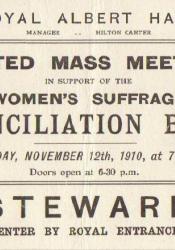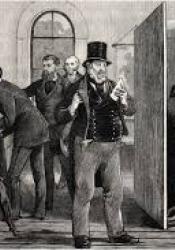House of Commons
The House of Commons handles all the legislative issues in Parliament in England. It is located in the Palace of Westminister. It dates back to the 13th century when landowners began sending representatives to Parliament. It is part of England's Parliament along with the House of Lords. Both the House of Lords and the House of Commons are located in the Palace of Westminister.
Article on House of Commons
https://www.britannica.com/topic/House-of-Commons-British-government
Coordinates
Latitude: 51.497494800000
Longitude: -0.135658300000
Longitude: -0.135658300000


